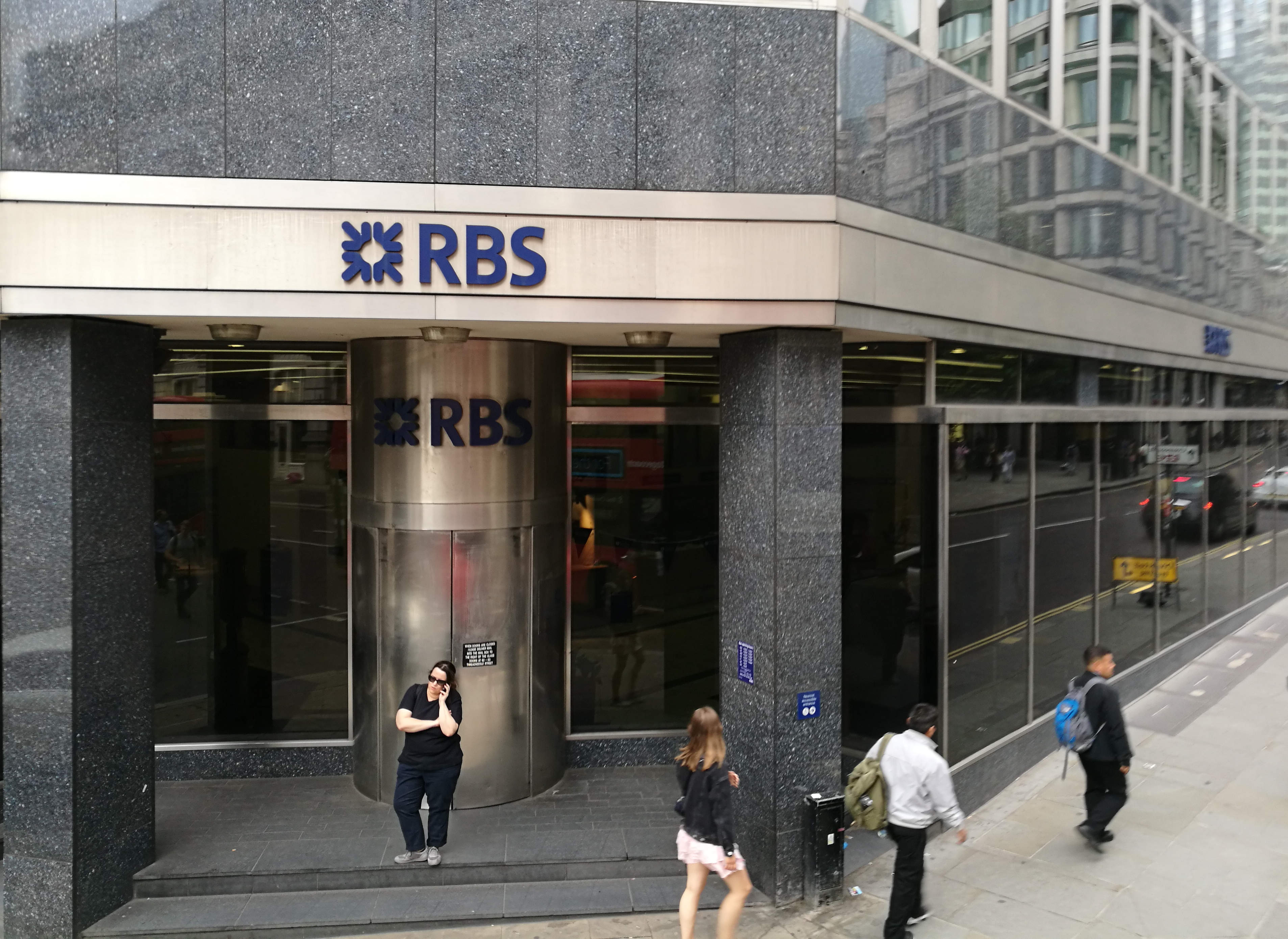
Revenues in Lombard and RBS Invoice Finance saw 13% year-on-year growth to £533m (€598m) in the six months to June, beating averages in wider RBS commercial banking operations.
The “specialised commercial banking” segment, which includes the two division, outperformed other commercial banking business in both the SME and large corporate base. SME and mid-corporates saw income growth of 6.1% to £666m, while large corporates income rose 4.3% to £320m.
The bank managed to recoup some £8m in impairments for the specialised business segment over the half-year. Among SMEs and mid-corporates, impairments totalled £61m, up 56%.
The large corporate segment also saw a £12m recoup, following H2 2018’s £260m hit in the aftermath of Carillion’s collapse.
Total loanbook in specialised commercial banking was £19.3bn as of June, down 4.6% year-on-year. The specialised and SME portfolios saw a more contained slowdown than the wider commercial banking division, whose overall book shrunk 7.6% to £91.8bn.
RBS warns of possible Brexit “run-down”, higher Williams & Glyn costs
The wider RBS group saw its third profitable half-year in a row, with profits after tax hitting £1bn, down 12.8% on H1 2017 and up from H1 2016’s £614m loss.
How well do you really know your competitors?
Access the most comprehensive Company Profiles on the market, powered by GlobalData. Save hours of research. Gain competitive edge.

Thank you!
Your download email will arrive shortly
Not ready to buy yet? Download a free sample
We are confident about the unique quality of our Company Profiles. However, we want you to make the most beneficial decision for your business, so we offer a free sample that you can download by submitting the below form
By GlobalDataThe bank said ring-fencing restructuring will last into 2019. Under the restructuring, the NatWest division incorporated Lombard and RBS Invoice Finance, with part of Lombard’s portfolio reported or confirmed to be headed for sell-off.
In its risk outlook, RBS warned that “material structural changes to the
group’s operations and business will also be required as a result of Brexit”.
“These various transformation and restructuring activities (including the run-down or sale of certain portfolios and assets) are costly and complex and are required to occur
concurrently, which carries significant execution and operational risk,” the bank wrote.
On the Alternative Remedies Package – which last year superseded plans for spin-off “bad bank” Williams & Glyn – RBS said implementation costs “could be more onerous than anticipated, and any failure to comply with [its] terms … could results in the imposition of additional measures or limitations on the group’s operations”.
Of the GRG case, RBS said £216m of the £400m set aside in provision had been utilised as of June. The bank plans to close its GRG customer redress scheme in the UK in October, while a closure date in the Republic of Ireland had not been set yet.
The Financial Conduct Authority said in July no further action would be taken against the bank or former managers.
RBS, which is still majority-owned by UK government, reiterated that the government might exercise “a significant degree of influence” on the group’s management, leading to further disposals. Since the bank’s bail-out in 2008, the government had been building up its stake in the group from 58% to 71% in December 2016, for it to return to 62% this June.







